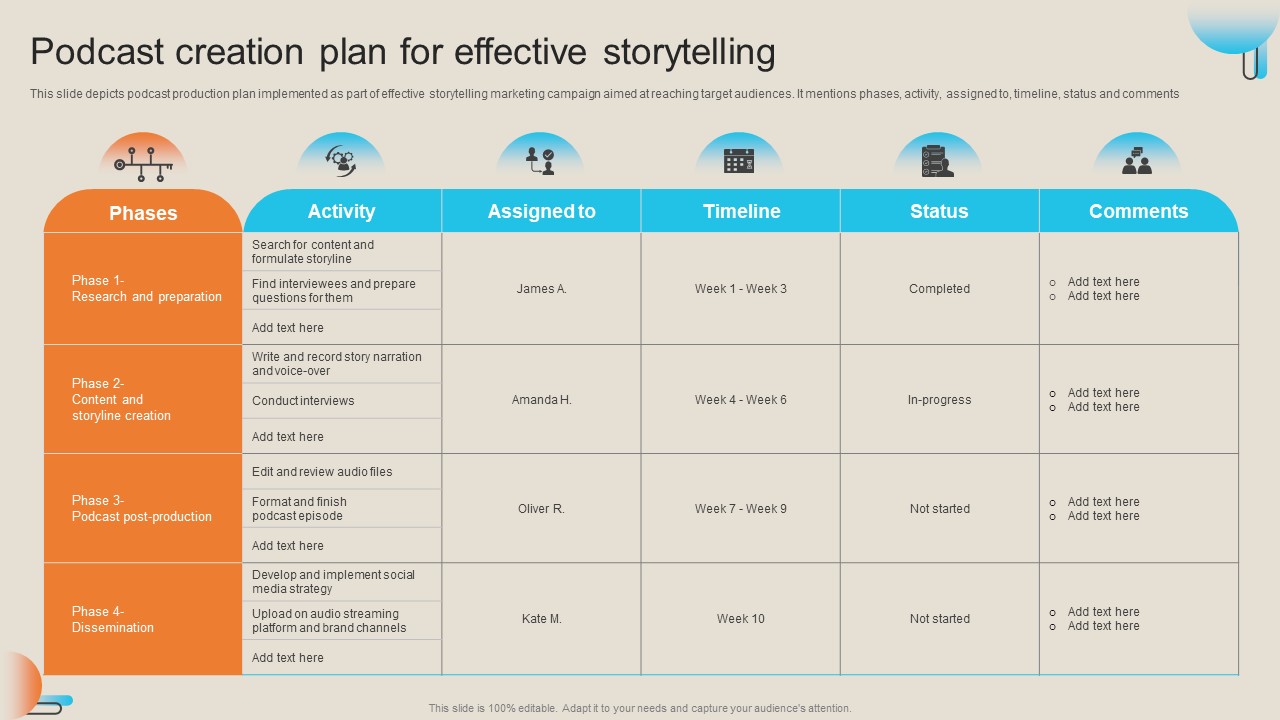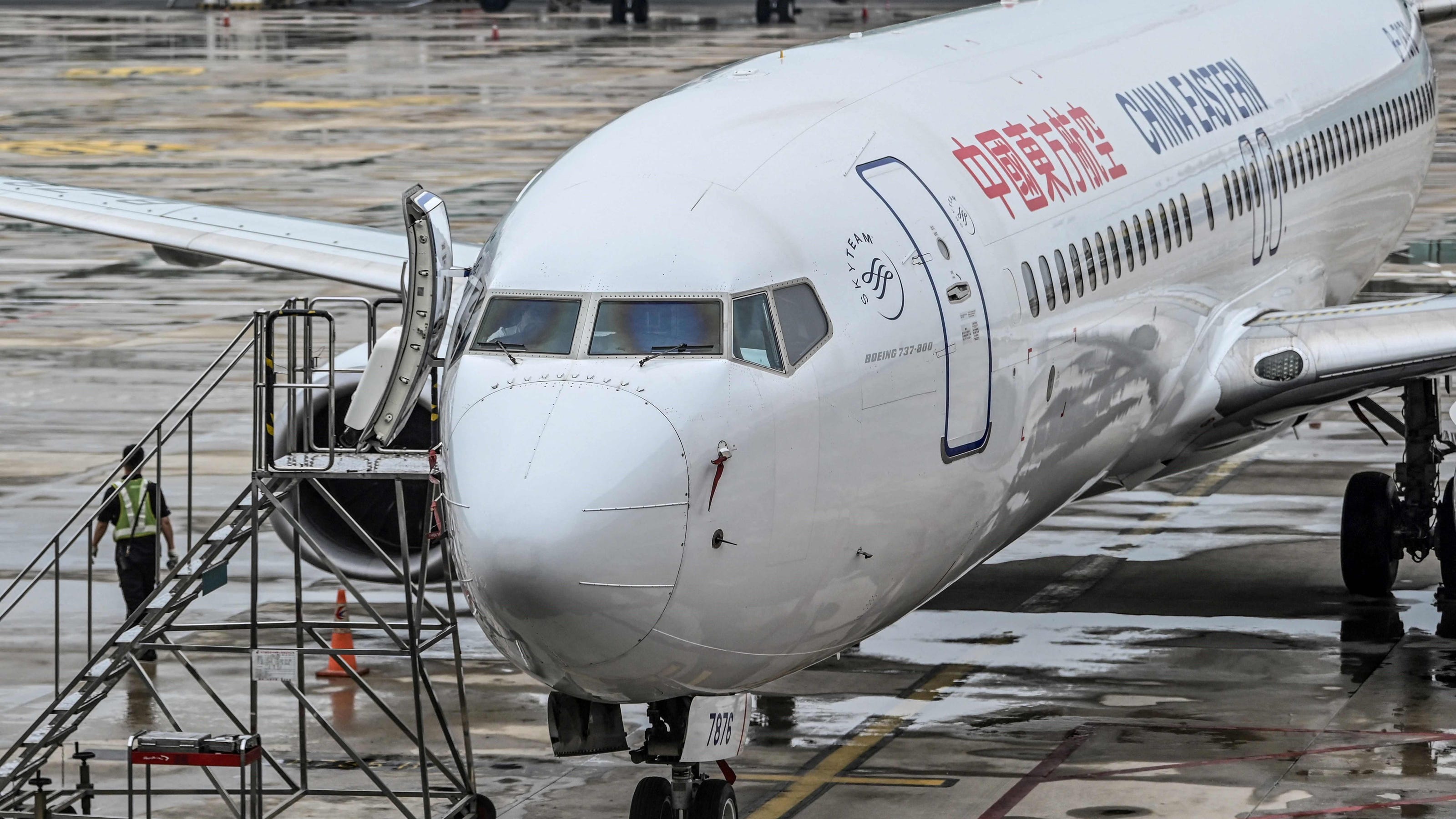China's Xi: Raising The Stakes For A Prolonged US Confrontation

Table of Contents
Xi Jinping's Assertive Foreign Policy
Xi Jinping's leadership has ushered in a more assertive and expansionist Chinese foreign policy, significantly increasing friction with the US. This assertiveness is evident across multiple fronts, challenging the established US-led international order.
The Belt and Road Initiative (BRI) and Geopolitical Competition
The Belt and Road Initiative (BRI), a massive infrastructure project spanning continents, is a key element of China's geopolitical strategy. While presented as an economic development initiative, the BRI's expansion into strategically important regions, including Africa, Central Asia, and Southeast Asia, directly challenges US influence and creates significant geopolitical competition.
- BRI's expansion into strategically important regions: The BRI provides China with access to crucial resources and strengthens its diplomatic ties in regions previously dominated by US influence.
- Potential debt-trap diplomacy concerns: Critics argue that the BRI's loans may lead to unsustainable debt burdens for participating nations, potentially creating a form of "debt-trap diplomacy" that increases China's leverage.
- US counter-strategies to the BRI: The US has responded with initiatives like the Build Back Better World (B3W) partnership, aiming to counter China's economic influence and offer an alternative development model.
Military Modernization and Regional Assertiveness
China's significant military modernization, coupled with increasingly assertive actions in the South China Sea and the Taiwan Strait, further fuels the Xi Jinping US Confrontation. This military buildup directly challenges US regional dominance and raises concerns about regional stability.
- Increased naval deployments: China's navy has expanded rapidly, increasing its presence in contested waters and challenging US naval superiority.
- Development of advanced weaponry: China's investment in advanced weaponry, including hypersonic missiles and aircraft carriers, poses a direct threat to US military capabilities.
- Implications for regional stability: China's assertive actions in the South China Sea, including island building and military deployments, heighten tensions and increase the risk of miscalculation or conflict.
- US responses (e.g., increased military presence): The US has responded by increasing its military presence in the region, conducting freedom of navigation operations, and strengthening alliances with regional partners.
Technological Competition and the Trade War
The ongoing technological rivalry between the US and China, epitomized by the trade war, forms a critical dimension of the Xi Jinping US Confrontation. This competition extends beyond tariffs and trade imbalances, encompassing a battle for technological dominance in crucial sectors.
- 5G technology competition: The competition for 5G dominance is a key battleground, with both countries vying for global market share and technological leadership.
- Semiconductor industry rivalry: Control of the semiconductor industry is crucial for technological advancement, and both countries are investing heavily to secure their position in this vital sector.
- Impact on global supply chains: The trade war and technological competition have disrupted global supply chains, leading to increased costs and uncertainty.
- Efforts to decouple economies: Both the US and China are pursuing strategies to reduce their economic interdependence, aiming for "decoupling" in certain strategic sectors.
Ideological Differences and the Clash of Systems
Underlying the Xi Jinping US Confrontation are fundamental ideological differences between the two nations, exacerbating the already tense geopolitical landscape. This clash of systems goes beyond mere policy disagreements; it reflects contrasting visions for the future of global governance.
The Authoritarian-Democratic Divide
The differing political systems of China and the US—authoritarian versus democratic—underlie many of their disagreements. These differences extend to core values, creating friction in international forums and impacting diplomatic relations.
- Differing views on human rights, democracy, and governance: Disagreements over human rights, democratic values, and the legitimacy of different governance models are deeply ingrained and consistently fuel conflict.
- Impact on diplomatic relations and international cooperation: These fundamental ideological differences often hinder cooperation on global challenges, making it difficult to find common ground on issues such as climate change, pandemic response, and nuclear proliferation.
Competing Narratives and Propaganda
Both the US and China actively engage in shaping global perceptions through competing narratives and propaganda campaigns. This information war plays a significant role in escalating tensions and fueling mistrust.
- Influence campaigns: Both countries utilize various methods to influence public opinion and political discourse in other countries, creating a climate of suspicion and distrust.
- Media control: State-controlled media in both countries plays a key role in disseminating favorable narratives and criticizing the other nation, further polarizing public opinion.
- Impact on public opinion in both countries and internationally: This information war impacts public opinion globally, influencing perceptions of both nations and contributing to a climate of heightened tension.
Economic Interdependence and Decoupling
The US and China's economies are deeply intertwined, creating both opportunities and challenges. The ongoing push towards decoupling, however, introduces significant risks and uncertainties.
The Risks of Decoupling
A complete decoupling of the US and Chinese economies would carry significant economic consequences, potentially impacting global stability.
- Impact on global markets: A decoupling would lead to significant volatility in global markets, potentially causing substantial economic disruption.
- Disruption of supply chains: The intricate global supply chains linking the two economies would be severely disrupted, impacting businesses and consumers worldwide.
- Potential for economic recession: A complete decoupling could trigger a global economic recession, with far-reaching consequences.
Selective Decoupling and Strategic Competition
Instead of complete decoupling, both nations are pursuing a strategy of "selective decoupling," focusing on specific technological sectors deemed critical for national security.
- Focus on critical technologies: The focus is on reducing dependence on China for critical technologies like semiconductors and advanced manufacturing.
- Efforts to diversify supply chains: Both countries are actively working to diversify their supply chains, reducing reliance on a single source.
- Impact on future technological development: This selective decoupling will likely reshape the landscape of technological development, fostering competition and potentially slowing innovation in certain areas.
Conclusion
This article has explored the multifaceted nature of the escalating Xi Jinping US Confrontation, highlighting the key drivers of this prolonged rivalry, including Xi Jinping’s assertive foreign policy, ideological differences, and economic competition. The future of US-China relations remains uncertain, but the current trajectory suggests a prolonged period of strategic competition. The implications are far-reaching, impacting global trade, security, and technological advancement.
Understanding the complexities of the Xi Jinping US Confrontation is crucial for navigating the increasingly turbulent geopolitical landscape. Further research and informed discussion are needed to explore potential pathways toward de-escalation and more stable relations. Stay informed about developments in the US-China relationship to better understand the implications for global stability and prepare for the challenges ahead.

Featured Posts
-
 China Canada Partnership A Counterbalance To Us Influence
Apr 25, 2025
China Canada Partnership A Counterbalance To Us Influence
Apr 25, 2025 -
 Ai Driven Podcast Creation From Repetitive Documents To Engaging Content
Apr 25, 2025
Ai Driven Podcast Creation From Repetitive Documents To Engaging Content
Apr 25, 2025 -
 Boeings China Jet Deliveries At Risk Amid Airline Acceptance Concerns
Apr 25, 2025
Boeings China Jet Deliveries At Risk Amid Airline Acceptance Concerns
Apr 25, 2025 -
 Full List Celebrities Affected By The Palisades Fire
Apr 25, 2025
Full List Celebrities Affected By The Palisades Fire
Apr 25, 2025 -
 The Economic Reality Of Election Promises Assessing The Potential For Deficits
Apr 25, 2025
The Economic Reality Of Election Promises Assessing The Potential For Deficits
Apr 25, 2025
Latest Posts
-
 Safe Makeup Storage Protecting Your Cosmetics From Curious Kids
Apr 25, 2025
Safe Makeup Storage Protecting Your Cosmetics From Curious Kids
Apr 25, 2025 -
 Ultimate Guide To Makeup Organisers Organise Your Makeup Like A Pro
Apr 25, 2025
Ultimate Guide To Makeup Organisers Organise Your Makeup Like A Pro
Apr 25, 2025 -
 Tutorial De Maquiagem Em Aquarela Passo A Passo Para Iniciantes
Apr 25, 2025
Tutorial De Maquiagem Em Aquarela Passo A Passo Para Iniciantes
Apr 25, 2025 -
 Securing Makeup Childproof Storage Solutions For Parents
Apr 25, 2025
Securing Makeup Childproof Storage Solutions For Parents
Apr 25, 2025 -
 Choosing The Right Makeup Organiser Keep Your Cosmetics Clutter Free
Apr 25, 2025
Choosing The Right Makeup Organiser Keep Your Cosmetics Clutter Free
Apr 25, 2025
